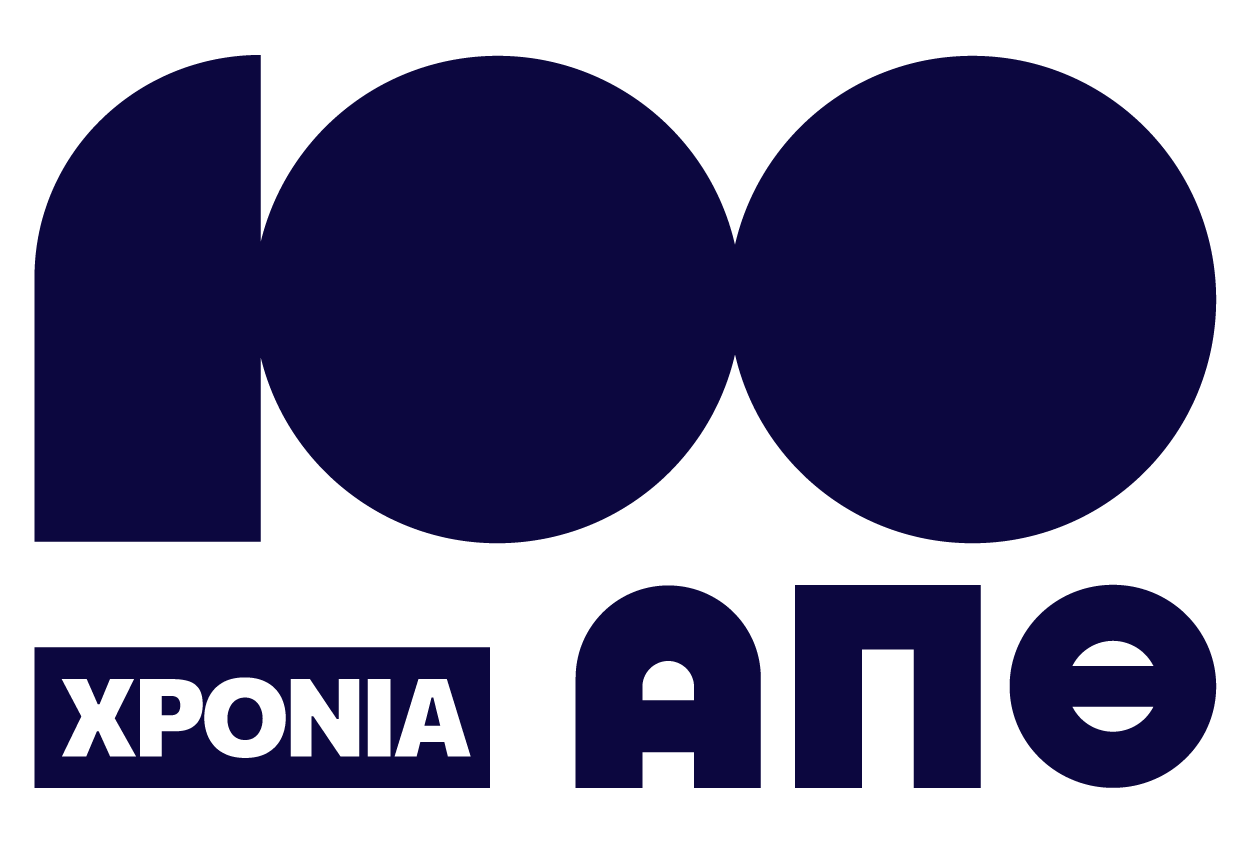
This course aims to offer an overview of post-millennial British drama, tracing the different trends and practices that are notably marking this new, emerging (and ever-expanding) field. Though there are always considerable challenges, as literary critic Robert Eaglestone (2013) has aptly indicated, when dealing with the “now-ness” of a cultural or literary field in the making, we will carefully attempt to at least explore, if not pinpoint, the ways in which recent theatre making in Britain has responded to the pressures and challenges of a contemporary post-truth, post-imperial, late-capitalist Brexit world of shifting class, gender and racial dynamics. More specifically, this course will focus on the “plurality of the contemporary dramatic” in British theatre, exploring, in particular, its self-reflexive experiments and revisionist practices across modern dramatic tradition, its recent concern with orality and aurality, its turn to the “real” and the verbatim (documentary theatre), its ongoing (and on-changing) debate around the idea of a British nation, its concern with class, racial and gender hybrids, as well as its active engagement with new technologies and new media.
Course assessment will be based on class participation and readings, oral presentations and final exam performance.
| Εξάμηνο | Τμήμα | Ημέρα | Από | Έως | Αίθουσα | Διδάσκων/ουσα |
| Χειμερινό | Παρασκευή | 16:00 | 18:30 | 112 π.κ. | Ριστάνη Μαρία |
 Course Outline
Course Outline